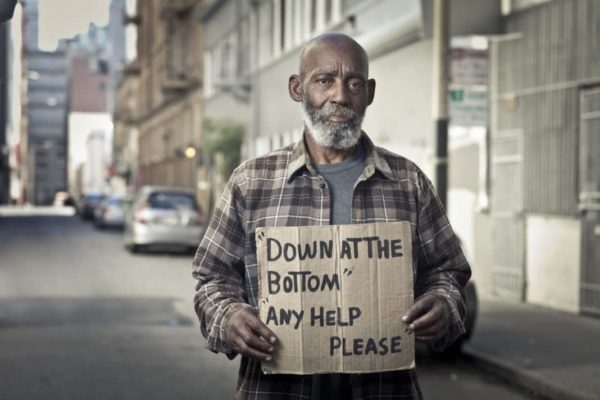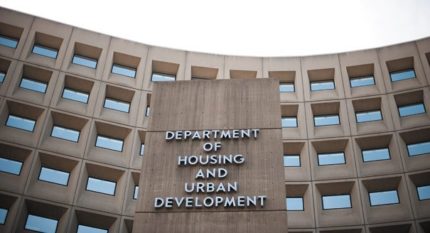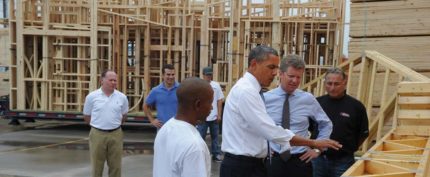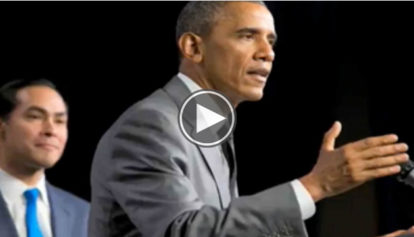A study examining lifetime homeless rates revealed that roughly 6 percent of baby boomers and 17 percent of Black baby boomers have experienced homelessness at least once in their lives.
The report, published last month, suggests older African-Americans are about three times more likely than white Americans to experience homelessness. Vincent Fusaro, a co-author of the study and a professor at Boston College, was taken aback by the findings.
“The magnitude of the racial and ethnic disparities is striking,” Fusaro told The Washington Post via email.

The researchers’ study found that older Black Americans are nearly three times more likely to experience homelessness than white Americans. (Getty Images)
The study examined those born between 1946 and 1964 in an effort to achieve a more comprehensive view of homelessness rates in America. Fusaro, who authored the report alongside University of Michigan researchers Helen Levy and H. Luke Shaefer, said theirs is the first since the 1990s that looks at whether someone has ever been homeless.
For years, homeless advocates and activists have slammed the government’s estimates of the U.S homeless population, arguing that they grossly underestimate the scope and severity of the issue. According to The Washington Post, the U.S. Department of Housing and Urban Development conducts a yearly study that captures “point in time” estimates of how many people are experiencing homelessness at the time of the study.
The latest HUD study found that about 550,000 Americans (0.17 percent of the population) were homeless in 2017.
“A one-night snapshot tells us only how many people are experiencing homelessness at one time, not how many have ever experienced homelessness,” Fusaro said, adding that formerly homeless people often experience physical and mental health issues long after they’ve found stable housing.
The consequences were much more troubling for African-Americans and appeared to be at least partially connected higher poverty rates among Blacks, according to the study. Data from the U.S. Census shows that roughly 1 in 4 Black Americans are living in poverty, compared with 1 in 10 white Americans.
Level of education was also an important factor. Researchers found that 8 percent of the baby boomer cohort who didn’t graduate college experienced homelessness, compared with just 3 percent of those who earned degrees. Meanwhile, 10 percent of baby boomers who are military vets have also been homeless — a rate surpassing the national average.
While the HUD survey estimates how many people are forced to sleep outside or at shelters, the researchers’ new analysis relies on respondents’ understanding and/or definition of homelessness. Their survey asked participants if they’d “ever been homeless or lived in a shelter.”
The 6 percent cited in their study suggests that about 19 million Americans today will be homeless at some point in their lives, assuming the experience of baby boomers is similar to that of younger generations. The study authors also pointed to research from University of Pennsylvania professor Dennis Culhane, which found that baby boomers had higher rates of homelessness compared to other generations.
The study had one limitation, however. It omits everyone who was homeless but passed away before reaching the late-middle age population examined by researchers. An earlier 2006 study found that homeless people on average die at age 50.


